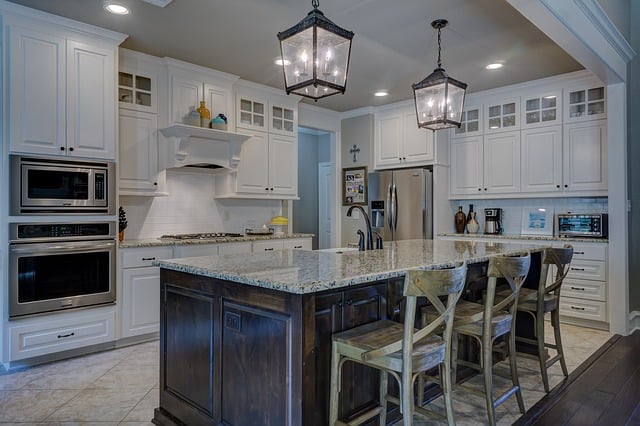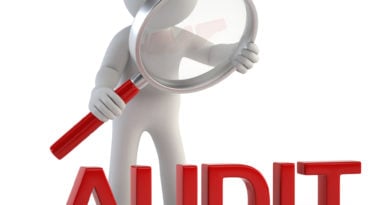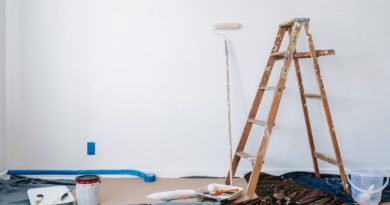3 Things You Should Know about Your Air Conditioner During a Storm/Hurricane
During hurricane season, your priority is keeping your family safe. Did you know that protecting your HVAC could also safeguard your household if a hurricane strikes? Read our list of the top 3 things you should know about your air conditioner during a hurricane.
Turn Your HVAC Off During a Hurricane
There can be several power interruptions during a hurricane which could damage your unit by suddenly shutting it off. This situation particularly endangers the compressor. Before the storm arrives, set your indoor temperature a few degrees lower than usual so the air conditioning can cool down your system in advance. You can then shut it down properly before the hurricane approaches. Since the outside temperature and humidity drop during a storm, you will not have a great need to use the air conditioner during this time.
Lightning Can Damage Your HVAC
Image via Flickr by snowpeak
If the lightning strikes at the electrical service drop, it can create a substantial power surge through your home’s wiring. This happens too fast to trigger the breakers to trip. If your air conditioner is on, a lightning-sized power surge can cause serious damage and even melt the plug to your unit. If the electrical circuit of the control panel is damaged, it will require extensive repair or replacement of the system.
To protect your AC, install a surge protection device or create an alternate path for lightning to reach the ground so it won’t travel through your home’s electrical system. The best thing to do is to power off major appliances and systems before the hurricane comes.
Mold and Mildew are Dangerous
Once the hurricane has passed, you should turn your HVAC system back on. High humidity is a condition in which mold and moisture thrive and you don’t want to give bacteria an invitation to settle in your home.
Mold spreads in the air and represents a health risk. So, if your home and your HVAC system have suffered from flooding, the action to take is different. The EPA recommends not running the cooling and heating system if there is a possibility of mold infection. If your air conditioning unit or furnace gets wet, it is best to replace it. Have a system sterilizer installed inside the HVAC to kill invisible pollutants.
The best thing to do after a hurricane is to contact HVAC specialists for maintenance. HVAC technicians can perform necessary repairs or replacement and clean any mold from the ducts to protect your family from health hazards. Children and the elderly have weaker immune systems and must be protected. To save on your maintenance costs, don’t wait for a hurricane. There are preventive steps you can take. Change the filters regularly, ask an HVAC technician to check your system as soon as you see signs of potential issues like unusual smells, strange noises, or unexplained higher electricity bills. If you address the small problems in time, it will cost much less than if you wait until the damage becomes irreversible.




